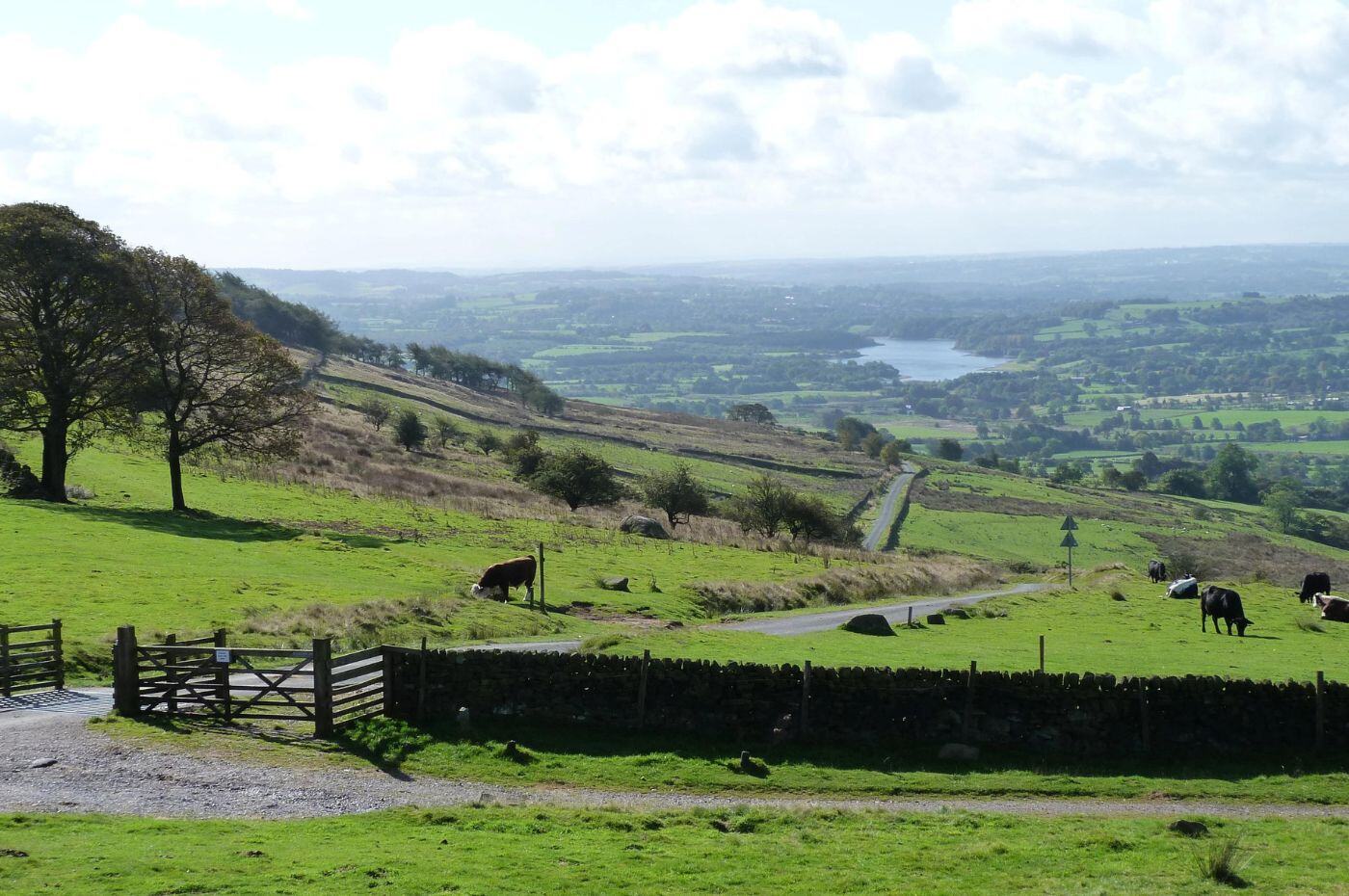Labour MPs confront rural poverty
The Labour Rural Research Group has launched a call for submissions to aid its...
View Details
Widespread dissatisfaction with both Labour and the Conservatives has shaken the political status quo.
Last week’s local election results saw Reform UK sweep to victory in many parts of England, gaining 677 new councillors, seizing control of ten councils, and winning the mayoralties of both Greater Lincolnshire and Hull and East Yorkshire. The Liberal Democrats also made substantial gains, gaining 163 new councillors and control of three councils.
Meanwhile the Conservatives lost 676 council seats, failing to retain control of any of the councils they previously held and finding consolation only in winning the mayoralty of Cambridgeshire and Peterborough, while Labour lost 186 local councillors and only held on to three mayoralties in Doncaster, North Tyneside, and the West of England by the skin of their teeth.
The by-election in Runcorn and Helsby saw Labour lose a stronghold to Reform with a huge swing of 17.4%. Were such a swing to be replicated at the national level, Labour would lose hundreds of parliamentary seats, many of which would be among its marginal rural constituencies.
Warnings have already been issued that Labour risks turning the countryside into a no-go zone for their party, and the results from these local elections serve to show the vulnerability of the government’s rural seats.
If Labour is serious about continuing to be a party with a considerable number of rural seats, which it will need to be to remain in government, it needs to wake up to the growing discontent in the countryside. Controversial and anti-rural policies, such as the Family Farm Tax and changes to compulsory purchase powers, have created widespread antipathy. The government must listen to the countryside and show willingness to respond to its concerns.

The Labour Rural Research Group has launched a call for submissions to aid its...
View Details
Following recent news about the passage of a piece of legislation that aims to...
View Details
Following a years-long consultation process the Department for Culture, Media...
View Details